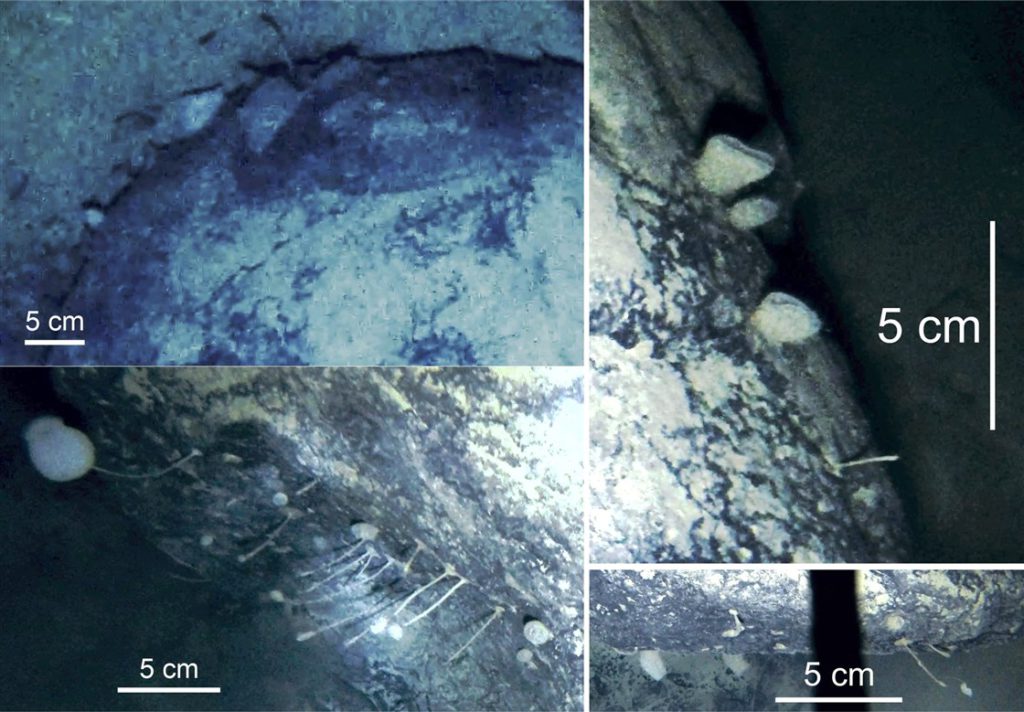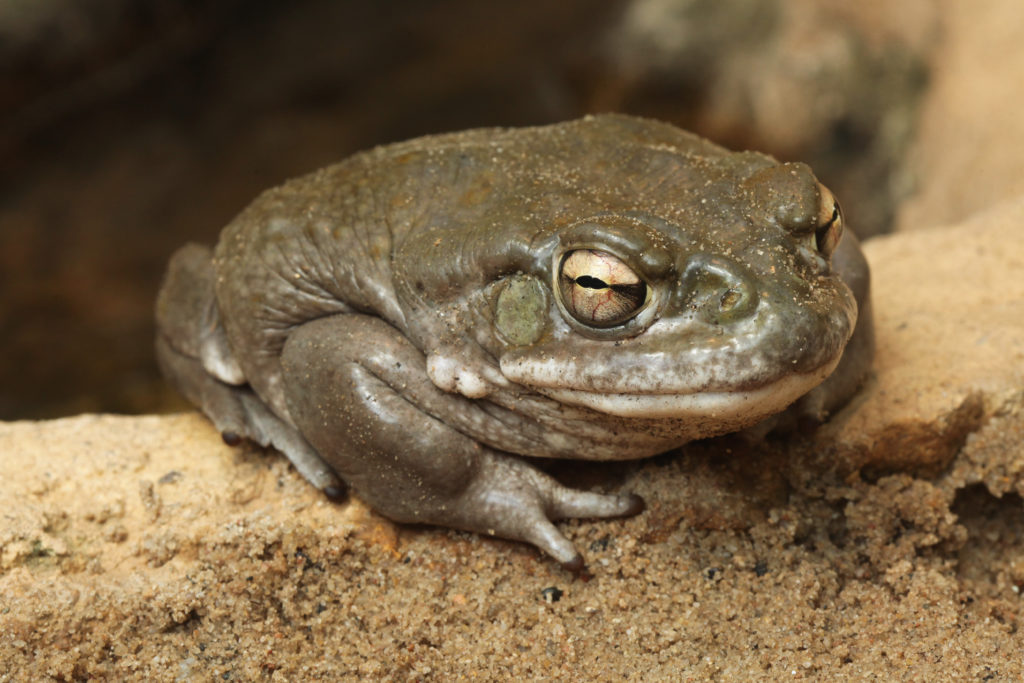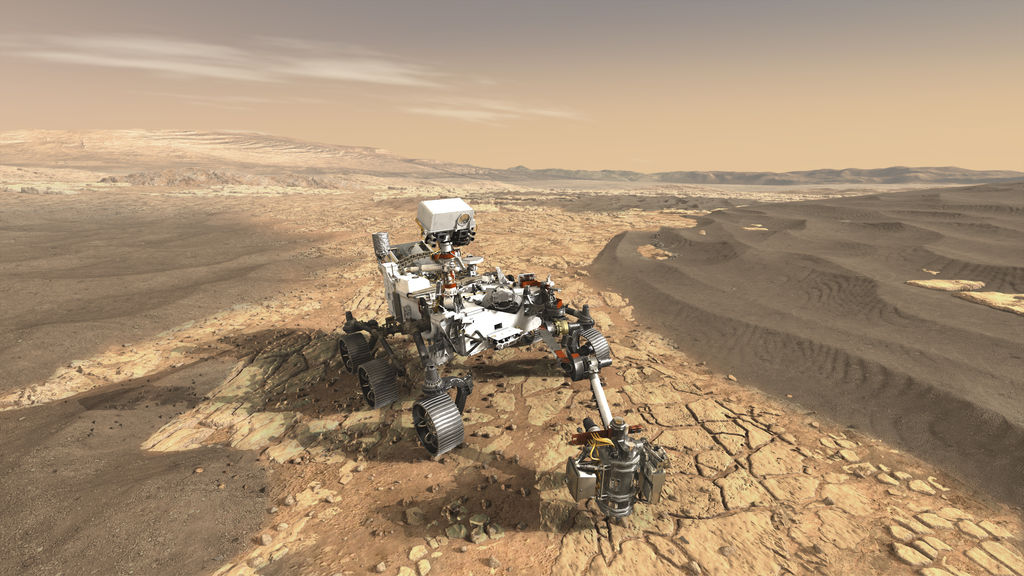
Are paper receipts a dying practice in a modern era?
Receipt digitization should move to be the norm among businesses as research continues to show the negative environmental and health impacts of physical receipts.

Receipt digitization should move to be the norm among businesses as research continues to show the negative environmental and health impacts of physical receipts.

York’s two-factor authentication receives mixed reactions amongst students, faculty, and staff.

York University Robotics Society (YURS) sheds some light on robotics as a whole and explains their vision, including hopes to send their next rover to Mars.

Deepfakes, the technology responsible for face swapping, provides a fair share of positive and negative uses.

Scientists have discovered mysterious new lifeforms similar to sponges in a supposedly inhabitable environment in Antarctica.

The proposal is part of a nationwide design challenge for a Bank of Canada cryptocurrency.

‘Toad licking’ describes the phenomena of consuming the psychedelic compound 5-MeO-DMT by way of milking the Sonoran desert toad.

The event marks the successful landing of NASA’s fifth Mars rover.

As Valentine’s Day rolls around, we’ll be taking a look at what really goes on inside our brains when we feel the powerful emotion of love.

Talking to your plants gets a whole new meaning as scientists teach plants like spinach to communicate back to humans in an email-like fashion. Through nanotechnology, engineers at MIT in the U.S. have transformed spinach into sensors capable of detecting explosive materials.